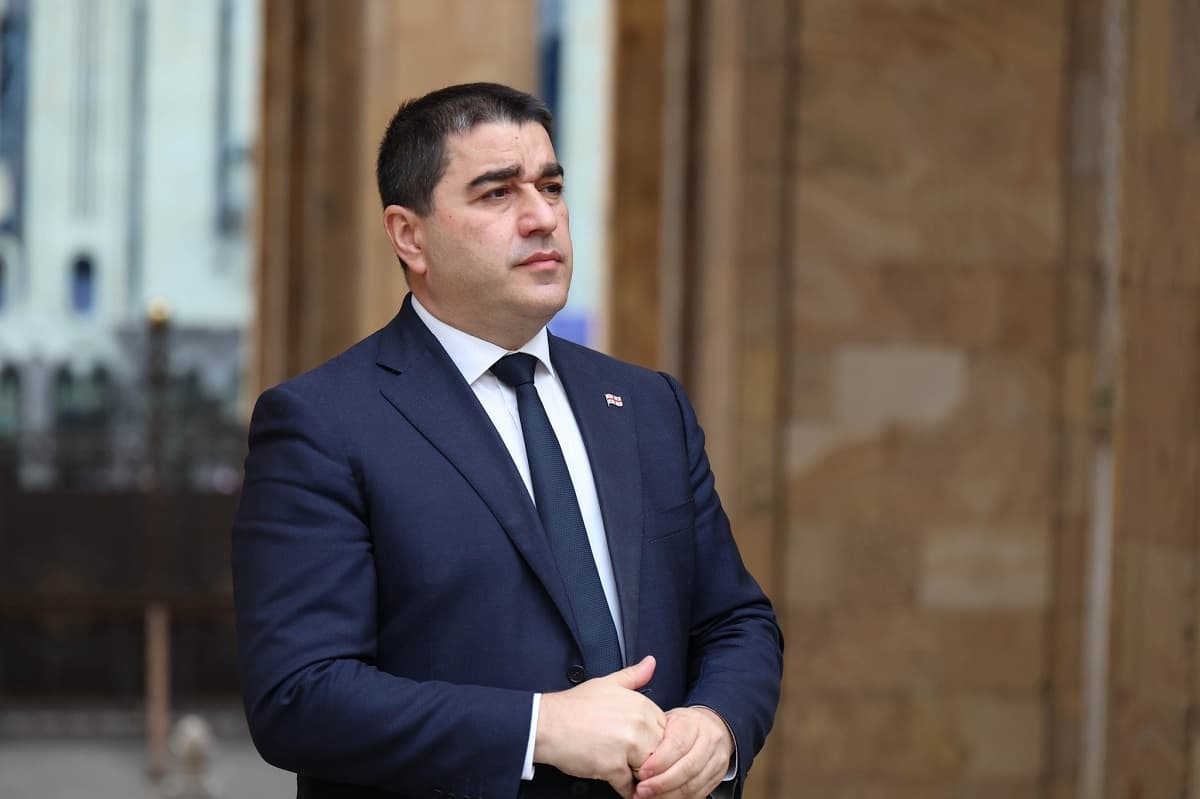Georgia’s Parliament Speaker slams EU over ‘support’ for opposition, citing ‘hatred, violence’

Papuashvili urged Brussels to “reconsider funding for organisations involved in violent or aggressive campaigns.”
Author
Front News Georgia
The Speaker of the Georgian Parliament, Shalva Papuashvili, on Wednesday criticised Brussels and the European Union’s embassy in Georgia, accusing them of aligning with “hatred and violence” through their alleged support of opposition groups and NGOs.
In a statement posted on social media, Papuashvili expressed concern that messages coming from EU officials in Brussels were “increasingly directed” not at the Georgian people as a whole, but rather at a “marginal group of radical opposition” and NGOs. He claimed the groups, “often funded by European sources,” allegedly spread division and violence under the banner of European values.
The comments follow a recent statement from an EU Commissioner urging Georgians to “be strong” and “fight for European values,” a call that Papuashvili said had been interpreted by many as backing for confrontational elements within Georgia’s political landscape.
He referenced two recent incidents as “evidence” of the “rising tension” - a potential unrest and “victims” on Independence Day on May 26 “as announced” by Gedevan Popkhadze, a member of Nika Gvaramia’s Ahali opposition party, and an incident involving Mariam Sichinava, a “leader of the EU-funded Droa [party], who had used highly offensive language and threats against a member of parliament”.
Papuashvili warned that the actions - or lack thereof - by Brussels and the EU embassy “risk linking the EU’s image with hostility and unrest in Georgia, a stark contrast to the EU’s founding principle as a peace project.”
He called on EU officials to “clarify” whether the support of such groups aligned with European values and urged them to “reconsider funding for organisations involved in violent or aggressive campaigns.”
In closing, Papuashvili insisted his criticism should not be viewed merely as an attack or use of offensive language, but as a legitimate political challenge requiring a formal response.
Tags:
Shalva Papuashvili




